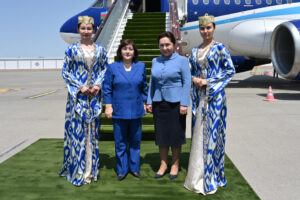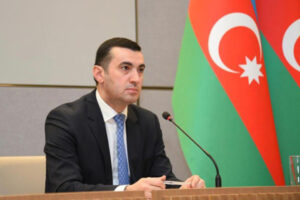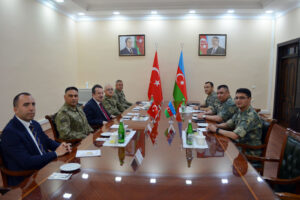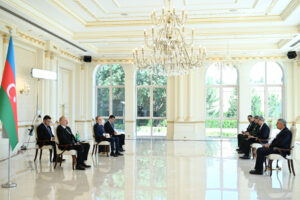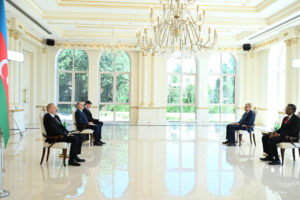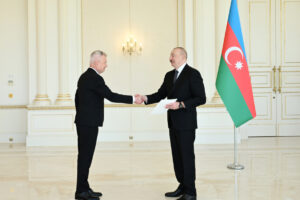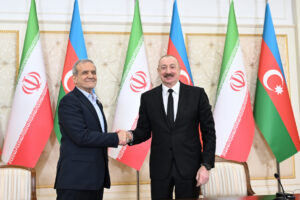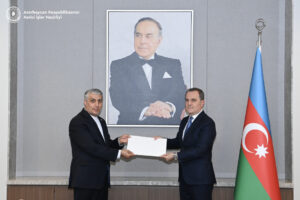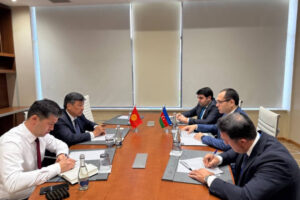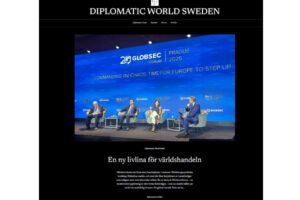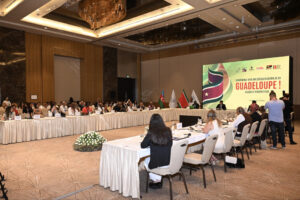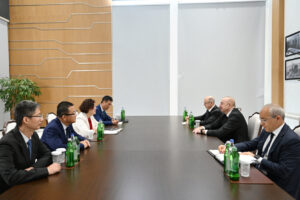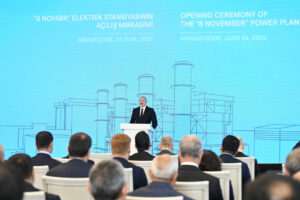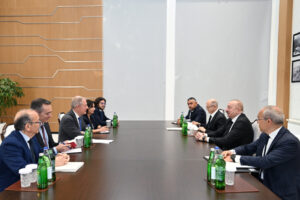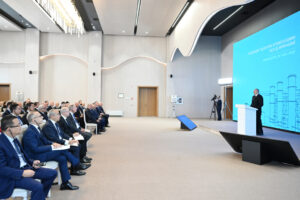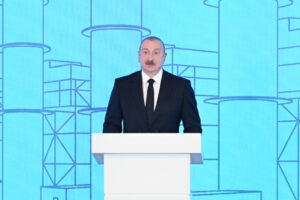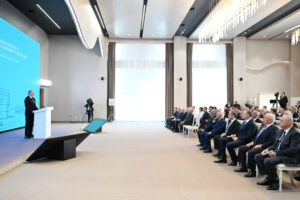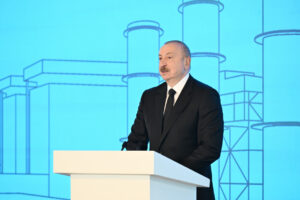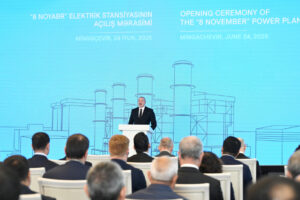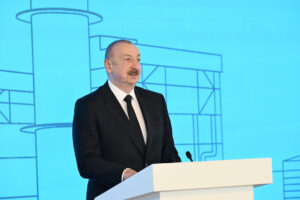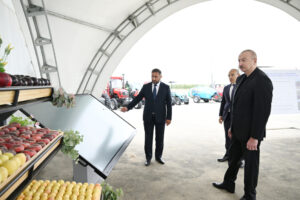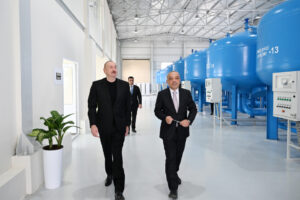Tokyo, 20 March, /AJMEDIA/
Japanese Prime Minister Fumio Kishida and his Indian counterpart Narendra Modi agreed Monday to work together toward the success of the Group of Seven and Group of 20 summits that Japan and India are slated to host, respectively, later this year.
After their talks in New Delhi, Kishida, whose country holds this year’s G-7 presidency, said he has invited Modi to the international gathering in Hiroshima in May, which was immediately accepted. India is the chair of the G-20 this year.
In a speech later Monday, Kishida will likely announce a new plan to promote a free and open Indo-Pacific, a Japan-led initiative aimed at curbing China’s growing regional assertiveness while Russia’s invasion of Ukraine has been under way.
India, a member of the Quad — the four-way security framework also involving Japan, the United States and Australia — has emerged as a key member of the “Global South,” a term that collectively refers to developing nations in areas such as Asia, Africa and Latin America.
Kishida has sought deeper ties with developing countries to lay the groundwork for a successful G-7 summit scheduled for May in Japan’s western city of Hiroshima, devastated by a U.S. atomic bomb in World War II.
Amid mounting fears that Russia might use an atomic device against Ukraine in the ongoing war, Kishida has pledged to pitch his vision of a world without nuclear weapons at the G-7 meeting.
Along with the G-7 — Britain, Canada, France, Germany, Italy, Japan and the United States plus the European Union — the G-20 includes Argentina, Australia, Brazil, China, India, Indonesia, Mexico, Russia, Saudi Arabia, South Africa, South Korea and Turkey.
Kishida’s trip to India comes weeks after Japanese Foreign Minister Yoshimasa Hayashi skipped a gathering of the G-20’s top diplomats, held for two days earlier this month in New Delhi.
Hayashi’s absence triggered a backlash from some Indian media outlets, with a number of them saying it could cast a shadow over bilateral relations.
In tandem with other G-7 members, Japan has bolstered economic sanctions on Russia, but New Delhi has refrained from implementing punitive steps against Moscow because India is highly dependent on the resource-rich country for military and energy supplies.




